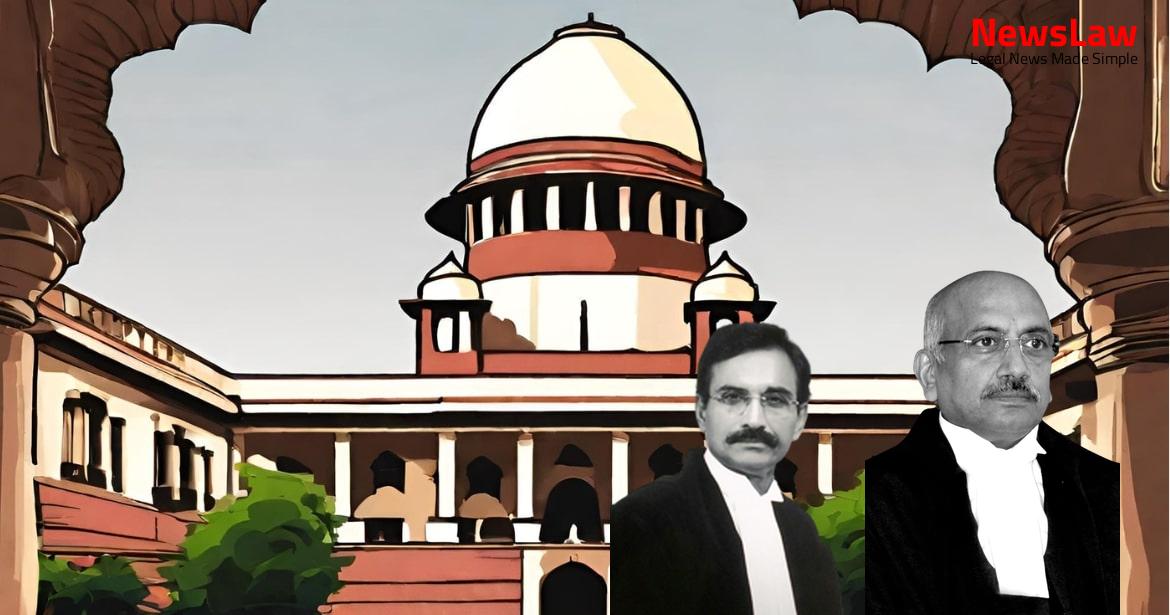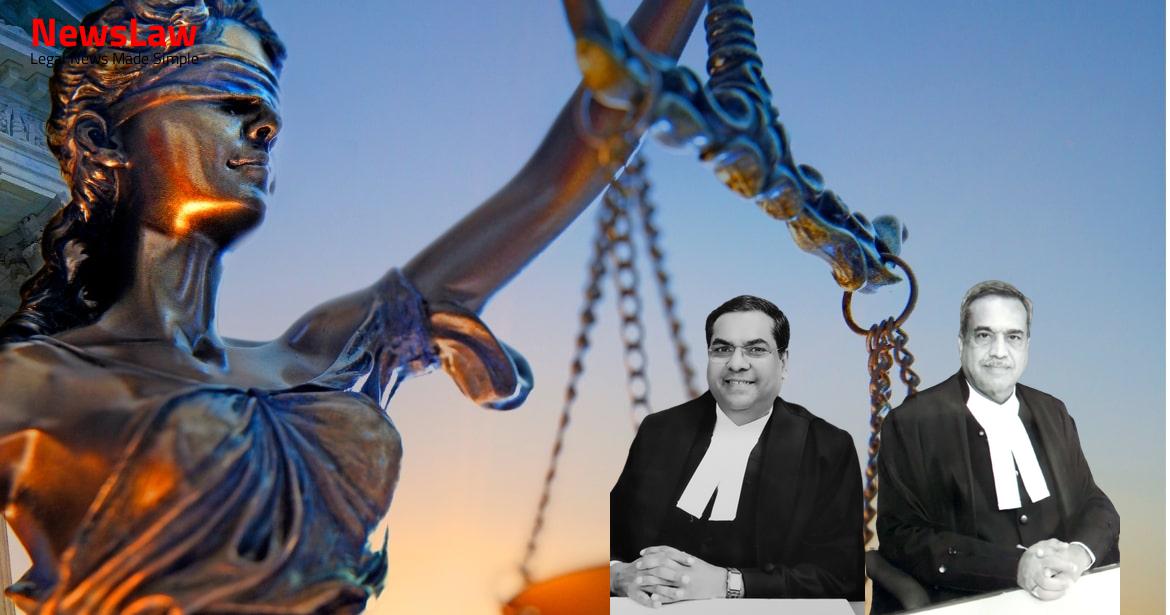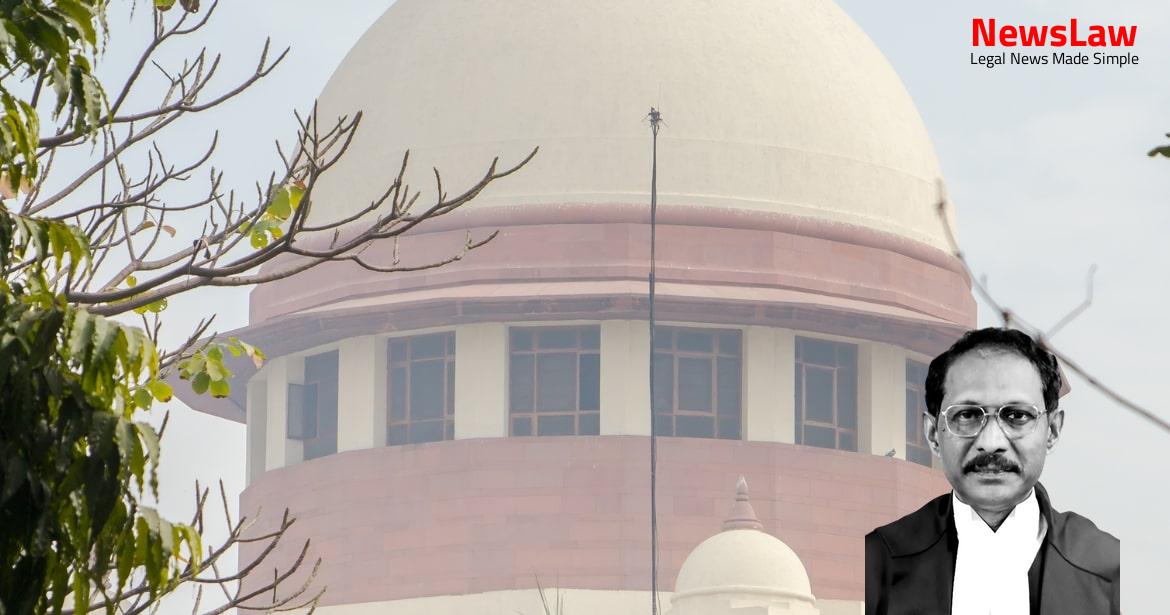In a recent landmark ruling by the Supreme Court of India, the issue of maintaining civil suits in disputes concerning tax payment under the Delhi Municipal Corporation Act, 1957 was thoroughly examined. The case involved M/s GPS Properties Pvt. Ltd. and M/s Today Homes and Infrastructure Pvt. Ltd. The judgment offers valuable insights into the jurisdiction of civil courts in such matters, elucidating the interaction between statutory remedies and civil court jurisdiction.
Facts
- M/s GPS Properties Pvt. Ltd. entered into a development agreement with M/s Today Homes and Infrastructure Pvt. Ltd. for the construction of a mall/commercial complex.
- M/s GPS Properties Pvt. Ltd. was the highest bidder in the auction for commercial plot Nos.4, 5, and 6 of Shivaji Complex, Raja Garden, New Delhi, allotted by the Slum & J. J. Department of the Municipal Corporation of Delhi.
- Approval for construction of the mall/commercial complex was granted by the Delhi Development Authority (DDA).
- Occupancy certificate/completion certificate was granted by the DDA on 25.07.2008.
- A civil suit was filed challenging the assessment order and warrants of attachment issued regarding property tax payment.
- The Appellant’s preliminary objection on the suit’s maintainability was accepted by the learned Single Judge, based on the NDMC v. Satish Chand judgment.
- The Respondents initially approached the Municipal Taxation Tribunal but later withdrew the appeal and filed a civil suit in the High Court of Delhi.
- The appeals filed by the Respondents were allowed by a Division Bench of the High Court.
- The High Court found that the learned Single Judge did not consider relevant factors in determining the maintainability of the civil suit.
- The Division Bench disagreed with the Single Judge’s decision that the suit was not maintainable, pointing out that the Judge did not assess if the remedy under the Statute was burdensome or if a limited window for filing a civil suit despite a bar was available to the Respondents.
- The Division Bench remanded the case back to the Single Judge for fresh consideration, directing the Judge to review the case based on the observations of the Division Bench and the relevant legal principles.
- The question of whether a civil suit is maintainable in disputes related to tax payment under the Delhi Municipal Corporation Act, 1957 was raised in these appeals.
- Section 9 of the Code of Civil Procedure, 1908 grants jurisdiction to Civil Courts to hear all suits except those explicitly or implicitly prohibited.
- The judgment in the civil suit was set aside, and the Single Judge was instructed to reconsider the jurisdiction issue based on the Division Bench’s judgment.
- The Division Bench noted that the Single Judge failed to differentiate between cases where there is an explicit bar on a civil suit and cases where the remedy offered is burdensome.
Also Read: Supreme Court Ruling on Dowry Harassment and Suicide Case
Analysis
- No jurisdictional error is pleaded in the plaint.
- Civil courts can examine grievances in the light of statutes where no internal remedy is provided.
- A liability for payment of tax is created by the Delhi Municipal Corporation Act, 1957.
- Various issues regarding the correctness of a return or assessable transactions are to be determined by appropriate authorities.
- Writ petition under Article 226 is maintainable if the remedy provided in the statute is not efficacious.
- Bar on civil court’s jurisdiction is not to be readily inferred.
- Conditions of right to appeal under Section 170 are outlined.
- Assessment based on an erroneous finding is within jurisdiction.
- Exclusion of the jurisdiction of the Civil Court is not readily inferred unless specific conditions apply.
- Civil courts’ jurisdiction can be excluded by express provision of law or clear intendment.
- Civil courts’ jurisdiction cannot be completely taken away despite express or implied bars.
- Where a right/liability and remedy are created by a statute with finality intended, civil court jurisdiction is impliedly barred.
- An appeal against the levy or assessment or revision of assessment of any tax under this Act shall lie to the Municipal Taxation Tribunal.
- The amount in dispute in the appeal must be deposited by the appellant in the office of the Corporation.
- The order of the Municipal Taxation Tribunal confirming, setting aside, or modifying an order related to rateable value, assessment, or liability to assessment or taxation shall be final.
- The full amount of property tax must be paid before filing an appeal.
- The Municipal Taxation Tribunal may take up cases pending before the Court of the District Judge of Delhi with the approval of the District Judge.
- Any appeal pending before the Court of the District Judge of Delhi shall be transferred to the Municipal Taxation Tribunal upon request of the applicant for settlement based on annual value.
- The expression ‘any assessment made under this act’ includes all assessments made by the appropriate authority under the Madras General Sales Tax Act.
- An alternate remedy provided by a statute, even if onerous, is not a ground for maintaining a civil suit.
- Section 171 of the Act gives finality to orders passed by the Municipal Taxation Tribunal, indicating the legislature’s intention to exclude civil courts’ jurisdiction.
- The remedy provided under Section 169 of the Act is deemed adequate and effective.
- A judgment in Srikant K. Jituri v. Corporation of the City of Belgaum supported the notion of civil courts’ jurisdiction being barred when a statutory remedy is in place.
- The jurisdiction of civil courts is impliedly barred when a specific remedy is provided by statute, as in cases where there is no pre-existing liability at common law.
- The ruling in Wolverhampton New Waterworks Co. v. Hawkesford highlighted the distinction between cases where a special remedy is provided by statute and where the common law remedy can be pursued.
- Court held that the civil court’s jurisdiction is barred by Rule 25 contained in Part-I of Schedule-III of the Karnataka Municipal Corporations Act, 1976.
- The exclusion of civil courts’ jurisdiction must be explicitly expressed or clearly implied in cases where provisions of the Act have not been complied with, or the statutory tribunal has not followed fundamental judicial procedures.
- The question of maintainability of the suit was not relevant in this case.
- The High Court should not have remanded the matter back to the learned Single Judge due to the absence of relevant pleadings in the plaint.
Also Read: Case of Technical Equipment Officer Appointment Criteria Dispute
Decision
- The judgement of the Division Bench of the High Court has been overturned.
- Appeals have been allowed based on the reasons presented.
- The decision of the Division Bench no longer stands.
Also Read: Supreme Court Judgement on Transfer of Mining Environmental Clearances
Case Title: SOUTH DELHI MUNICIPAL CORPORATION Vs. M/S. TODAY HOMES AND INFRASTRUCTURE PVT. LTD. ETC.
Case Number: C.A. No.-006377-006378 / 2019



